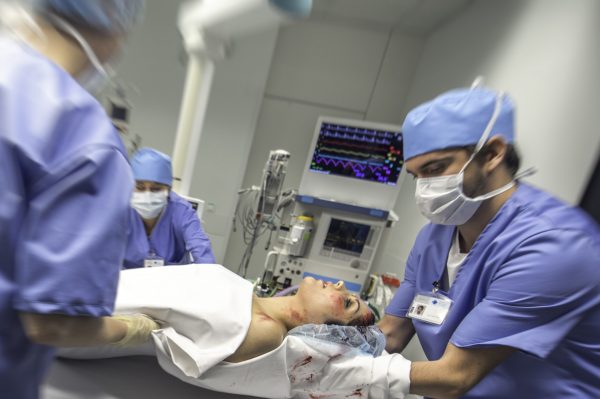
Researchers for this qualitative study published online in Circulation sought to understand how resuscitation teams in top-performing hospitals operate to achieve higher in-hospital cardiac arrest (IHCA) survival rates. The study was conducted across 9 hospitals and involved 158 participants (including physicians [17.1%], nurses [45.6%], other clinical staff [17.1%], and administration personnel [20.3%]).
A qualitative study in @CircAHA?? Wow! Great work by @bnallamo and coauthors (@iwashyna, @sanjaysaint)! #cardiotwitter
How Do Resuscitation Teams at Top-Performing Hospitals for In-Hospital Cardiac Arrest Succeed? https://t.co/FzniwfZzWB pic.twitter.com/X39tUuQIMw
— Mike Thompson (@MikeTPhD) July 9, 2018
According to the study results, four themes related to resuscitation emerged: team design, team composition and roles, communication and leadership during IHCA, and training/education. The authors reported that the top-performing teams at the top-performing centers featured “dedicated or designated resuscitation teams; participation of diverse disciplines as team members during IHCA; clear roles and responsibilities of team members; better communication and leadership during IHCA, and in-depth mock codes.”
The added: “Our findings suggest core elements of successful resuscitation teams that are associated with better outcomes and form the basis for future work to improve IHCA.” They noted that additional work is required to validate the study findings.
NEW in @CircAHA, @bnallamo and team investigated how resuscitation teams at top-performing hospitals for in-hospital cardiac arrest succeed. Qualitative analysis: https://t.co/eetTUzrTsy
— U-M Health Frankel CVC (@umichCVC) July 10, 2018
@KariLynWhite We should read together. https://t.co/D2AlkLu64I
— SMH Critical Care (@SMHcriticalcare) July 9, 2018
Characteristics of high-performing resuscitation teams:
1) Designated multidisciplinary code teams w clearly defined roles
2) Respectful closed-loop communication
3) Designated code team leader
4) Mock-code training/debriefinghttps://t.co/cwr2wXrQWH#FOAMed #CardioEd THREAD⤵️ https://t.co/v50OHnIbLf— JK Han MD (@netta_doc) July 9, 2018
Teams that train together perform better #multidisciplinary #humanfactors @MedEdJersey @JulieMesny @Visharoo @Samnorth1984 @becksherrington https://t.co/gqvuix8sAg
— Jersey Resus Service (@resuservicejsy) July 10, 2018
Source: Circulation

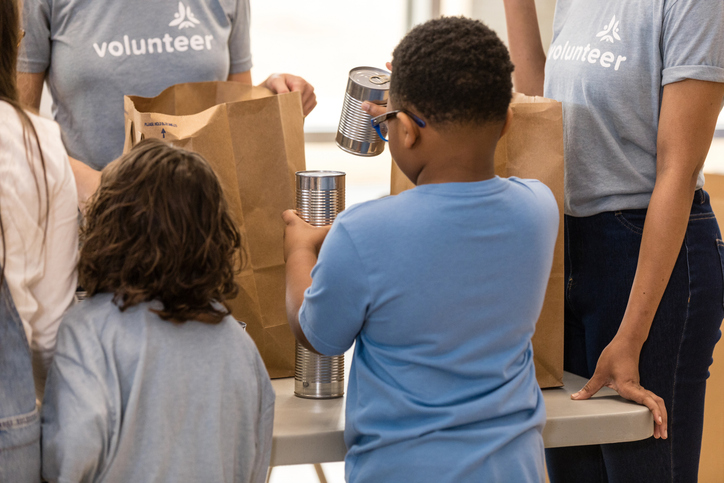
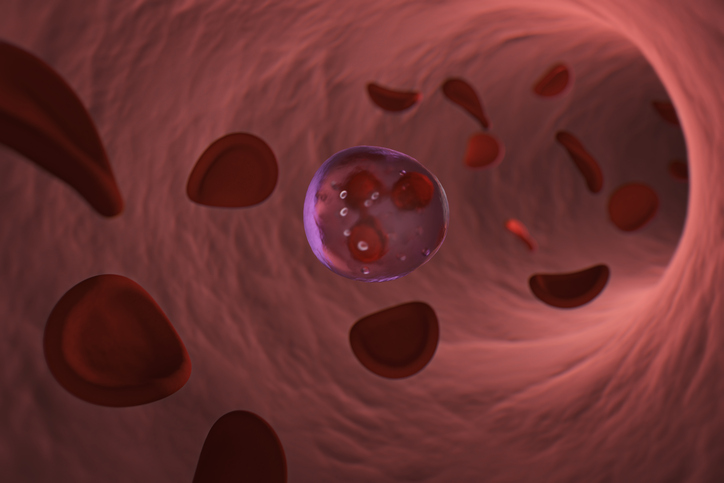
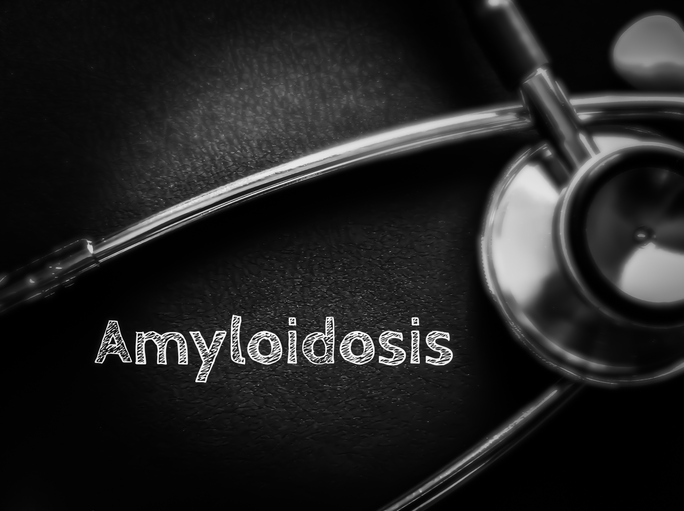
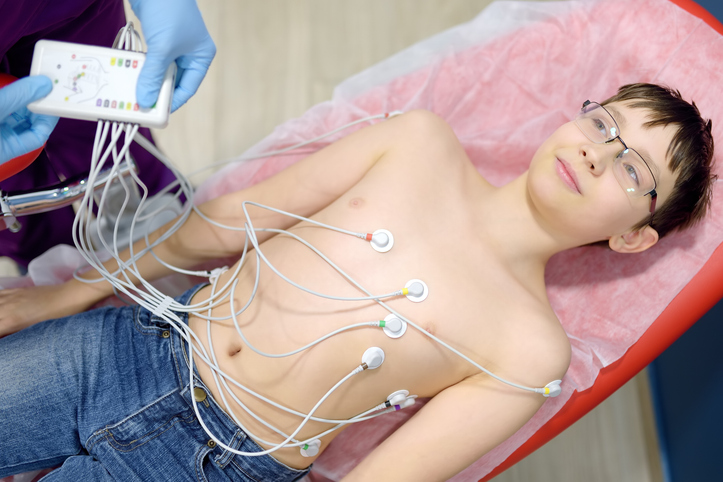
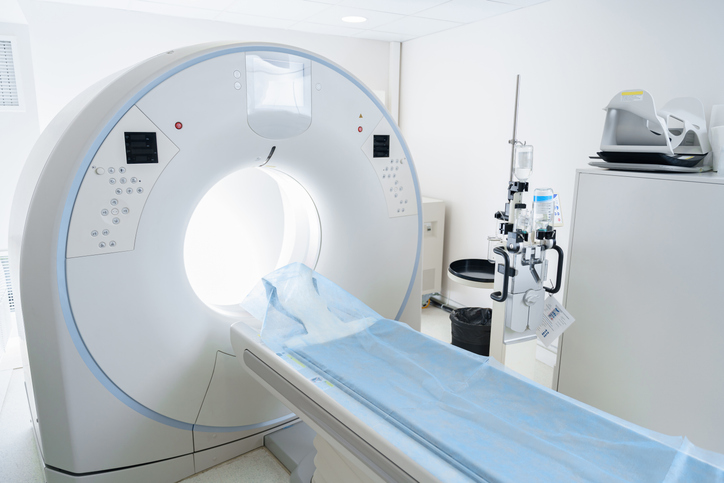

 © 2025 Mashup Media, LLC, a Formedics Property. All Rights Reserved.
© 2025 Mashup Media, LLC, a Formedics Property. All Rights Reserved.